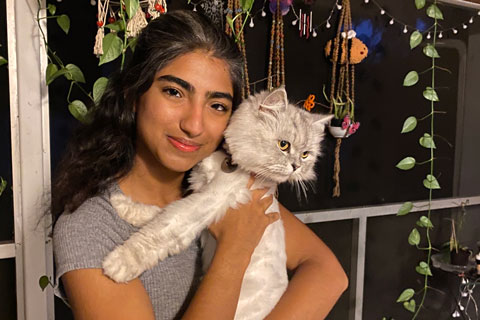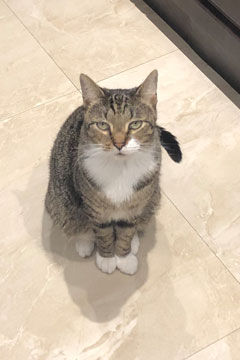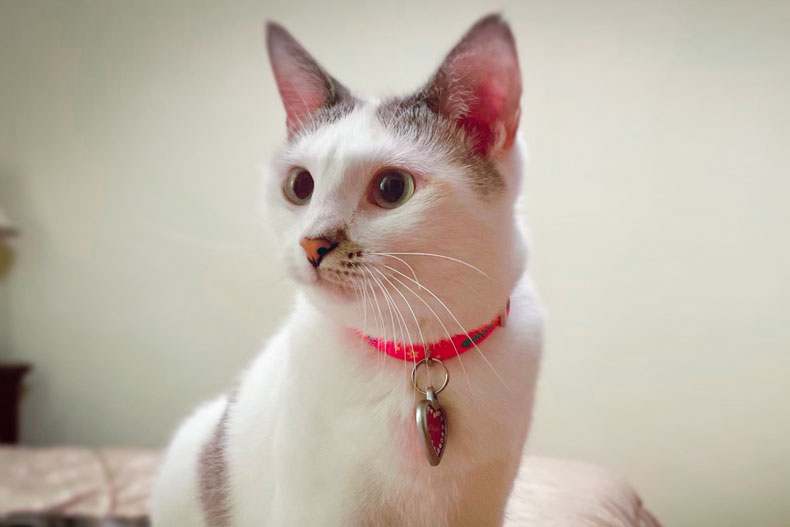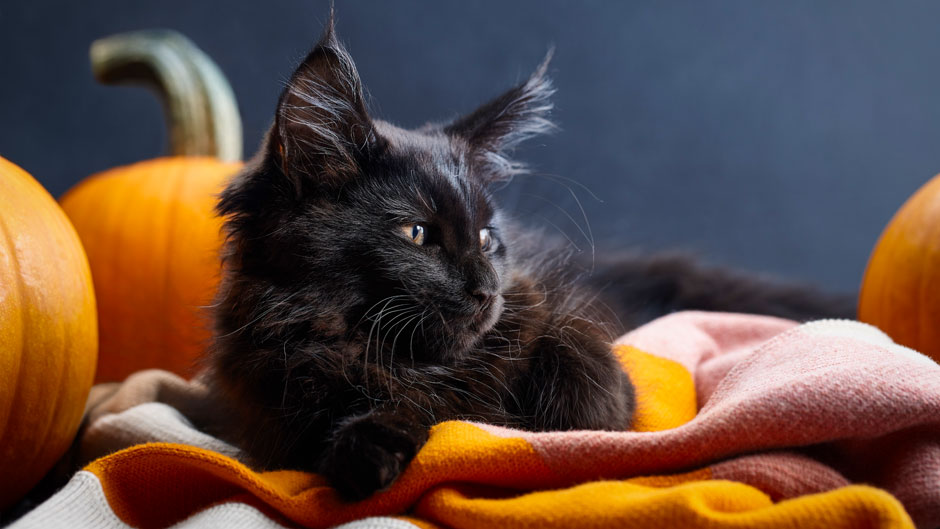Think of Halloween and what comes to mind? Goblins, warlocks, witches, and black cats. Yes, cats are the only animal routinely included in the Hallow’s Eve celebration.
Long considered companions to witches, they were believed to be pets that served as a witches’ allies and in many cases protectors. In ancient times, many thought cats carried out spells and brought harm to a witch’s enemy.
In the 14th century, black cats became linked to the devil and thousands of them were killed during the Black Death pandemic. To this day, animal shelters do not offer black cats for adoption around Halloween because they are fearful that they will be sacrificed.
This is ironic since cats were worshipped in Ancient Egypt. The Egyptians saw cats as useful predators and they gradually became symbols of divinity and protection, according to history.com.
Today is National Cat Day, one that is celebrated nationally to try to raise awareness of the importance of cat adoption.
Owning a cat can have a positive effect on one’s health. The Journal of Vascular and Interventional Neurology has published a study that said there is a decreased risk of dying from a heart attack or stroke if you are a cat owner. Besides providing companionship, the cat’s purr can help lower blood pressure and calm nerves.
Despite the fact that cats are low maintenance and less costly to take care of—they take up less space, usually stay indoors, use a litter box, and groom themselves—in today’s society, dogs seem to be more popular pets. About 63 percent of all U.S. households own a dog, according to the American Pet Product Association. Cat lovers fall behind. About 43 percent of households own a cat and 10 percent of households feed a community cat.
At the University of Miami, about 50 students are members of a cat-loving club called UPurr (of course), and their mission is to try to find fostering opportunities for street cats.

Suha Khan is the president of UPurr and the proud owner of Luna, a long-haired grey cat. Luna arrived with the family from Pakistan in 2016. Khan said that she believes cats have acquired a reputation as standoffish, cold, and finicky. But cat owners generally agree that while they can be independent, cats are often loyal and affectionate.
“Luna can be private,” Khan said. “But there are times when she acts like a dog.”
Khan said UPurr wants to work to increase the number of students who can foster cats and kittens and also take care of the cats on campus.
“Cats are an invasive species in Miami,” she said. “Conditions for them on the street are horrible. Our goal is to connect students to rescue organizations so they can foster a cat. Momentum for our rescue efforts is building.”
In the future, the group hopes to be able to rescue, neuter, and release cats to their habitat. In order to do so they are recruiting veterinarians who would do the neutering pro bono.

Laurie McDonald, senior program coordinator at the School of Education and Human Development, shares ownership of a grey and white cat named Simba with her daughter Kiersten.
For the past six years, she has enjoyed watching Simba become a part of the family.
“Although most cats are considered to have a private personality, Simba thinks he is a dog,” said McDonald. Simba is active and playful and even stands on his hind legs to receive treats.
For sophomore Katya Gutierrez, (yes, daughter of the author), the waiting period to become a cat owner has been long. She was born with a severe allergy to felines. She finally outgrew it this year and is now the happy owner of a diluted Calico named Canary.
Gutierrez spends a lot of time playing with Canary and throwing a small ball for her to fetch. Canary, in true cat fashion, sometimes retrieves the ball and at other times ignores it.
Gutierrez said that she “likes that cats are somewhat independent yet they can be affectionate.”


